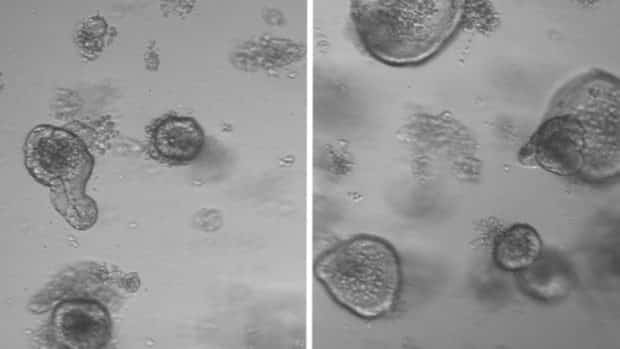Fasting Enhances Regeneration Capability of Stem Cells: Study
Our diet, undeniably, has profound effect on our health and now, MIT researchers have put forward a study that suggests fasting could possibly reverse the regeneration capability of intestinal stem cells that is known to decline as we age. The study demonstrated how fasting dramatically improved the stem cells’ ability to regenerate, in both aged and young mice.
Stem cells in all parts of the body, including the ones in the intestine are in charge of growing new cells in the organ. They maintain the lining of the intestine, which is shed and replaced every few days, in addition to fighting off infection and repairing damage to the tissue. And as we age, these stem cells get less and less effective at their job.
“Fasting has many effects in the intestine, which include boosting regeneration as well as potential uses in any type of ailment that impinges on the intestine, such as infections or cancers,” says Omer Yilmaz, an MIT assistant professor of biology, a member of the Koch Institute for Integrative Cancer Research, and one of the senior authors of the study. “Understanding how fasting improves overall health, including the role of adult stem cells in intestinal regeneration, in repair, and in aging, is a fundamental interest of my laboratory
.”“This study provided evidence that fasting induces a metabolic switch in the intestinal stem cells, from utilizing carbohydrates to burning fat,” said David Sabatini, an MIT professor of biology, a senior author of the paper. “Interestingly, switching these cells to fatty acid oxidation enhanced their function significantly. Pharmacological targeting of this pathway may provide a therapeutic opportunity to improve tissue homeostasis in age-associated pathologies.”
The team supported their study using animal models. They put their mice models on a 24-hour fast following which they extracted the intestinal stem cells and grew them in a culture dish, allowing them to determine whether the cells can give rise to “mini-intestines” known as organoids.
“It was very obvious that fasting had this really immense effect on the ability of intestinal crypts to form more organoids, which is stem-cell-driven,” Whitehead Institute postdoc Maria Mihaylova said. “This was something that we saw in both the young mice and the aged mice, and we really wanted to understand the molecular mechanisms driving this.”
The team further sequenced the messenger RNA of stem cells from the mice that fasted, revealing the fasting made the cells to switch from their usual metabolism, which burns carbohydrates such as sugars, to metabolizing fatty acids.
This switch generally occurs through the activation of PPAR transcription factors, which turn on many genes that are involved in metabolizing fatty acids. They also found that on turning off this pathway, fasting could no longer boost regeneration.
In the future, they intend to study this metabolic switch further and find out how it provokes stem cells to enhance their regenerative abilities.
































Great article